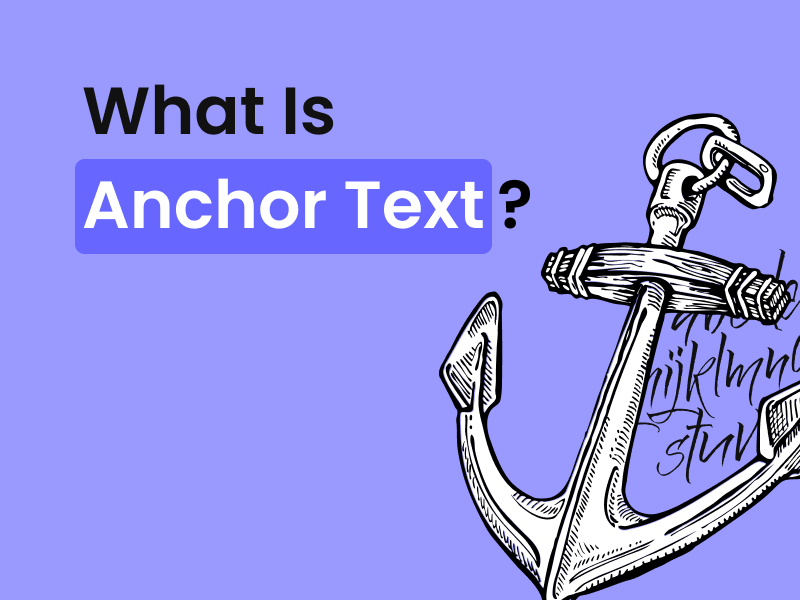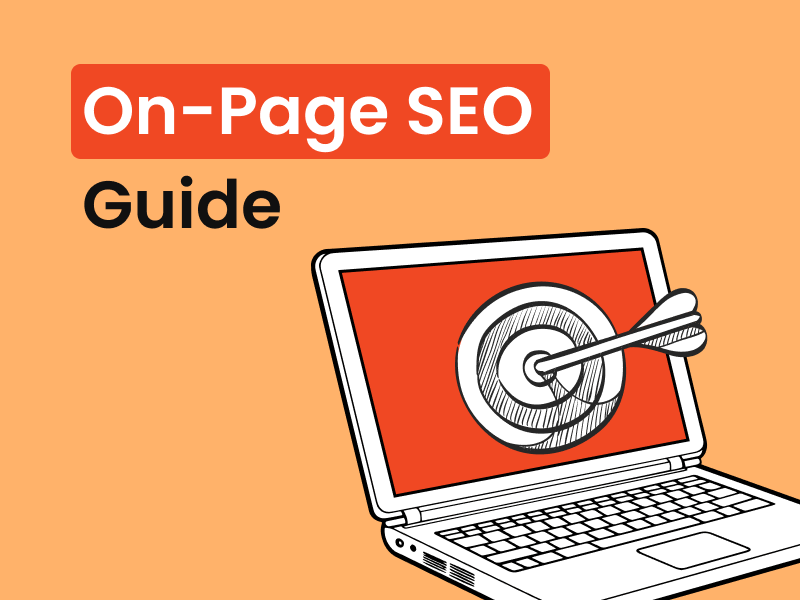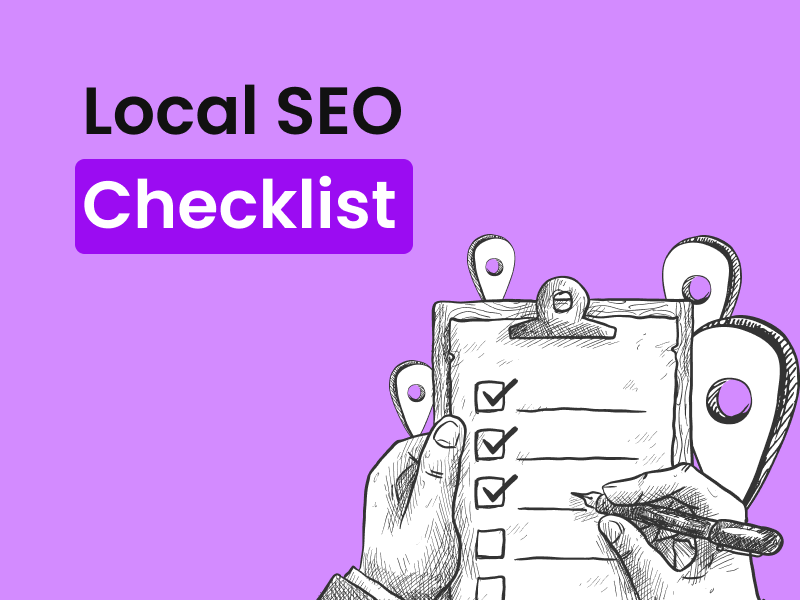15 SEO terms every beginner should know
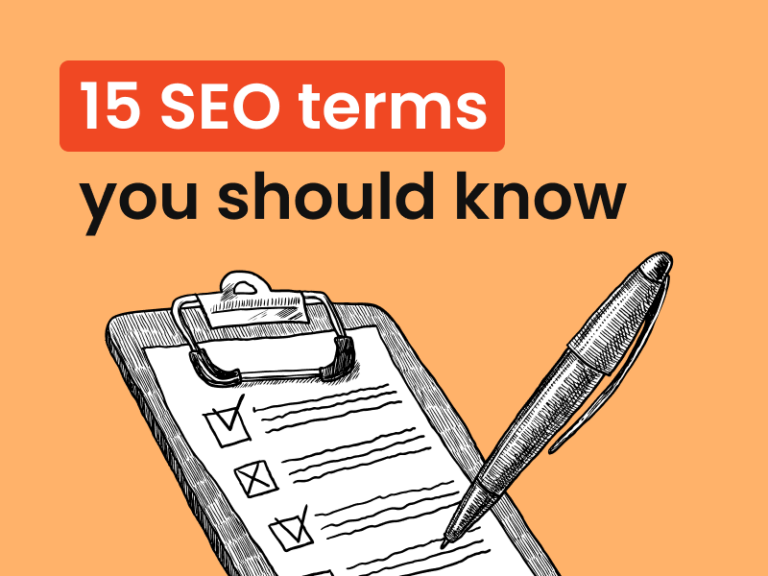
By Melissa Ng | Last Updated 1 March 2024
In today’s digital world, having a website isn’t enough; you need to make sure people can find it. That’s where Search Engine Optimisation (SEO) comes into play. If you’re new to this, don’t worry; we’ve broken down 15 SEO glossary of terms that every beginner should know to help you get your site noticed by the right crowd.
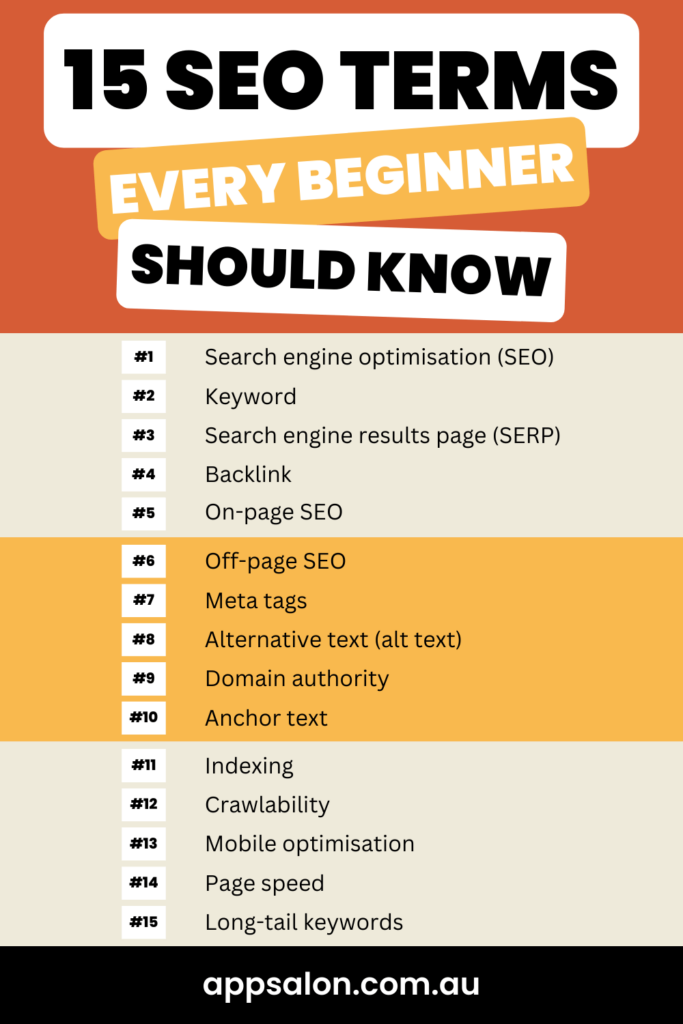
1. SEO (Search Engine Optimisation)
This is all about improving your site’s visibility when people search for products or services related to your business in Google and other search engines. The better visibility your pages have in search results, the more likely you are to garner attention and attract prospective and existing customers to your business.
Learn more in our blog posts:
- The Complete SEO Guide For Dummies: Search Engine Optimisation For Beginners
- 14 SEO Examples to Follow in 2024: How to Create an SEO Strategy
2. Keyword
These are the words or phrases that people type into search engines to find what they’re looking for. By researching and using the right keywords in your content, you can increase your site’s chances of ranking higher in search engine results.
Read more about keywords here:
- What Are Keywords? A Simple SEO Guide To Keywords For Beginners
- What is Keyword Stuffing? Definition, How to Avoid and Why It’s Bad for SEO
- Long Tail Keywords: Find and Use Them for Traffic
3. SERP (Search Engine Results Page)
This is the page you see after you search for something online. It shows a list of results that are most relevant to your query. Understanding how to appear on the first page of SERPs can significantly increase your website’s visibility.
4. Backlink
Think of a backlink as a vote of confidence from one site to another. If a website links to your site, search engines take that as a sign that your content is valuable and credible, which can improve your site’s search rankings.
Check out our articles for more information:
5. On-Page SEO
This involves optimising the content on your website to make it more search engine friendly. It includes strategies like using the right keywords, optimising your titles and descriptions, and ensuring your content is high quality and relevant to your audience.
You can read more about on-page SEO in our blog post: Boost Rankings: On-Page SEO Essentials For 2024
6. Off-Page SEO
This is about everything you do outside of your website to raise your site’s profile with search engines. This mainly involves building backlinks but can also include social media marketing and guest blogging.
7. Meta Tags
These are bits of text that describe a page’s content; they’re found in the site’s code and aren’t visible to visitors. They tell search engines what a web page is about, helping your content show up in relevant searches.
Learn more about meta tags here:
- The Ultimate Guide to Meta Description Examples for Search Engine Optimisation
- Master the Meta: Title, Description & Tag Length Check for Maximum SEO Impact
8. Alt Text (Alternative Text)
This is a brief description of an image on your website, which helps search engines understand the image’s content and context. It’s also important for web accessibility, allowing screen readers to describe images to visually impaired users.
9. Domain Authority
This score predicts how well a website will rank on search engine result pages. A higher score means a higher ranking potential. It’s based on factors like the number of backlinks and the quality of those links.
10. Anchor Text
This is the clickable text in a hyperlink. Using relevant and descriptive anchor text can help improve your site’s SEO because it gives search engines more context about the link’s destination page.
Learn more about anchor text in our blog post: What Is Anchor Text? Boost Your SEO with Smart Links
11. Indexing
This is the process by which search engines organise and store content found during the crawling process, so it can be quickly retrieved when relevant queries are made. Ensuring your site is properly indexed is crucial for it to appear in search results.
12. Crawlability
This refers to a search engine’s ability to crawl through your website’s content to understand what your site is about. Making your website easily navigable by search engines is essential for good SEO.
13. Mobile Optimisation
With more people than ever using mobile devices to browse the internet, making sure your website is mobile-friendly is crucial. A site that’s optimised for mobile provides a good user experience, which is a factor in search rankings.
14. Page Speed
This is how fast your web pages load. Faster pages provide a better experience for visitors and are favoured by search engines, contributing positively to your site’s SEO.
15. Long-Tail Keywords
These are longer and more specific keyword phrases. They’re often less competitive than shorter keywords and can attract more qualified traffic to your site. They’re especially useful for targeting niche demographics.
Understanding and implementing SEO can seem daunting at first, especially with all the jargon involved. However, mastering these 15 terms will give you a solid foundation to start improving your site’s search engine rankings and visibility.
If diving into the world of SEO feels overwhelming, or if you’re looking for professional assistance to boost your website’s search engine performance, AppSalon is here to help. Our team of SEO experts specialises in crafting custom SEO strategies that drive traffic, improve rankings, and increase visibility for businesses of all sizes. Get in touch with us today to find out how we can help your business stand out in the digital crowd.
Submit An App
Seen a cool app you think we should review? Submit your recommendation using our form.
